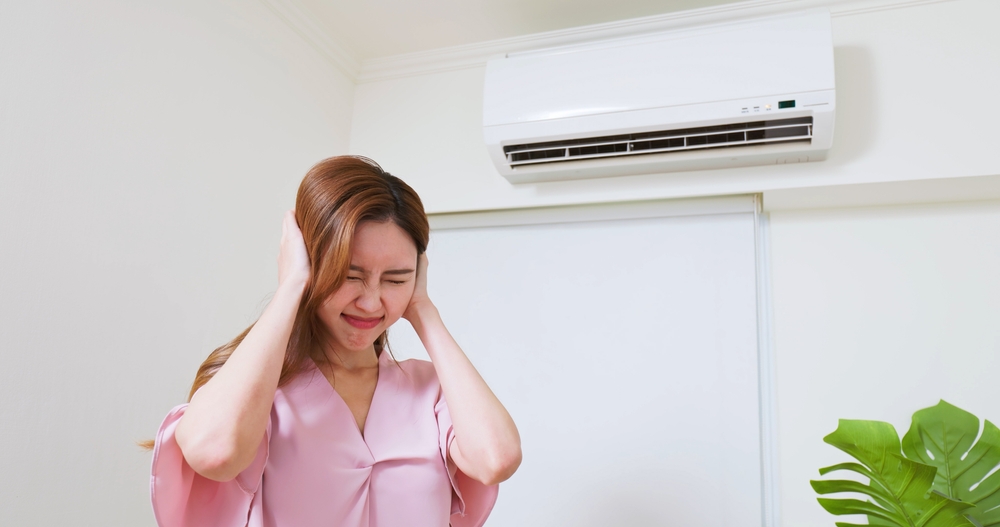 We live in a loud world. The street outside your door is riddled with noise. Your workplace is always buzzing. Your headphones blare with music at top volume. Finding silence in everyday life gets harder these days.
We live in a loud world. The street outside your door is riddled with noise. Your workplace is always buzzing. Your headphones blare with music at top volume. Finding silence in everyday life gets harder these days.
But even if you feel like these sounds are typical, your ears don’t think so. In fact, loud noises can gradually lead to hearing loss. So how can you avoid the risks? Is noise-induced hearing loss even preventable? With some practical strategies, you can.
Understanding Noise-Induced Hearing Loss
Noise-induced hearing loss is known by its abbreviation, NIHL. It happens when your hearing is exposed to harmful or excessive noise levels. NIHL can occur over time, especially when the exposure is constant and unrelenting.
Frequent exposure to loud, excessive noise targets the hair cells in your inner ear. Once damaged, they don’t regenerate. This is what causes the hearing loss.
But sudden, extreme loud sounds like explosions or gunfire can also cause immediate damage.
However, NIHL is preventable. You can reduce the risk of NIHL by using practical prevention strategies. Learn more about these strategies below.
Factors Contributing to NIHL
Even the simplest things can cause NIHL. Some of them you may not think about.
For example, when you listen to music with headphones or earphones while you work or study at maximum volume, there’s risk of NIHL. Loud music may sound great and can carry you away atmospherically, but your inner ears may be damaged. The same goes for watching TV or listening to the stereo at maximum volume.
Then, consider the occupational and environmental noises that contribute to loud noise exposure:
- Construction sites
- Factories
- Fitness class
- Firearms training
- Incoming train
- Car horns in traffic
Recreational activities can also contribute to temporary or permanent damage:
- Concerts or music in clubs
- Noisy restaurants and bars
- Sporting events in stadiums
- Car or motorcycle races and truck shows
- Movies in theaters
Avoiding prolonged exposure to these factors can save your hearing.
NIHL Prevention Strategies
Prevention for NIHL comes in many forms. Here are some ways to help you prevent noise-induced hearing loss.
Identify damaging noises
The first step to prevention is identifying which noise sources damage your hearing. As a rule of thumb, Anything above 80 dB can be damaging. A gas-powered lawn mower or leaf blower, for instance, can reach up to 85 dB and may cause hearing damage after 2 hours of exposure.
People shouting and dog barking, on the other hand, can reach up to 110 dB. Hearing loss is possible after 2 minutes. To help you identify noise level, do what the CDC recommends: use a sound level meter. This device (some available as apps on your phone) can measure the noise in your surroundings.
Protect your ears
It’s easy and it’s effective. No matter where you are, using an ear protective device helps save your hearing. It can be anything—earplugs, earmuffs, or noise-canceling headphones—that reduces the amount of noise reaching your ears.
Choosing a good quality ear protection device is also crucial. Instead of buying a random earplug at the store, try customizing it. Custom earplugs can be more effective in blocking all sounds, whereas a regular one may not block everything.
Practice safe listening habits
If you’re keen on saving your hearing, it’s time to practice safe listening habits. Avoid listening with the highest volume setting. Also, set a time limit for how long you listen to certain things. Doing this will reduce the risk of damage to your ears.
For example, when you listen to music or podcasts using your headphones, set the volume to no more than 60% of the maximum volume. Then, take listening short breaks every hour before continuing.
Minimize exposure to loud sounds
Minimizing your exposure to noise may also help. At home, turn down the volume of your TV or stereo. If you use power tools, choose quieter products when available. Or if your equipment has some number of years on them, keep them maintained and well-lubricated to reduce noise.
At public events, stay away from the things that produce the loudest sounds like loudspeakers or cannons at a sports game. Carry your hearing protection device at all times and use them if you must. And, if there are public signs warning of possible loud noise, pay attention to them.
Implement noise control measures
Implementing these measures may require the involvement of your workplace in general. But personally, you can also set up some control measures. For example, if you know a device is making a lot of noise, use mufflers or silencers on them to reduce the noise.
Scheduling noisy activities to happen after working hours, where there are fewer people exposed to them, can also help. Requesting a quiet area to promote peace and serenity will be beneficial. At the very least, you can promote the use of earplugs and other hearing protection devices if you know you work at a noisy place.
Prevent Hearing Issues with El Dorado Hearing
NIHL can affect your hearing for life. Avoid the risks of a permanent hearing loss by familiarizing yourself with the sounds that may ruin your hearing health. Taking preventative measures like avoiding noisy situations and wearing ear protection will help in the long run.
Worried about your exposure to sounds and loss of hearing? Take a hearing test. El Dorado Hearing in Tucson, AZ, is ready to fit you with hearing aids. Contact us for an appointment.




Leave a Reply